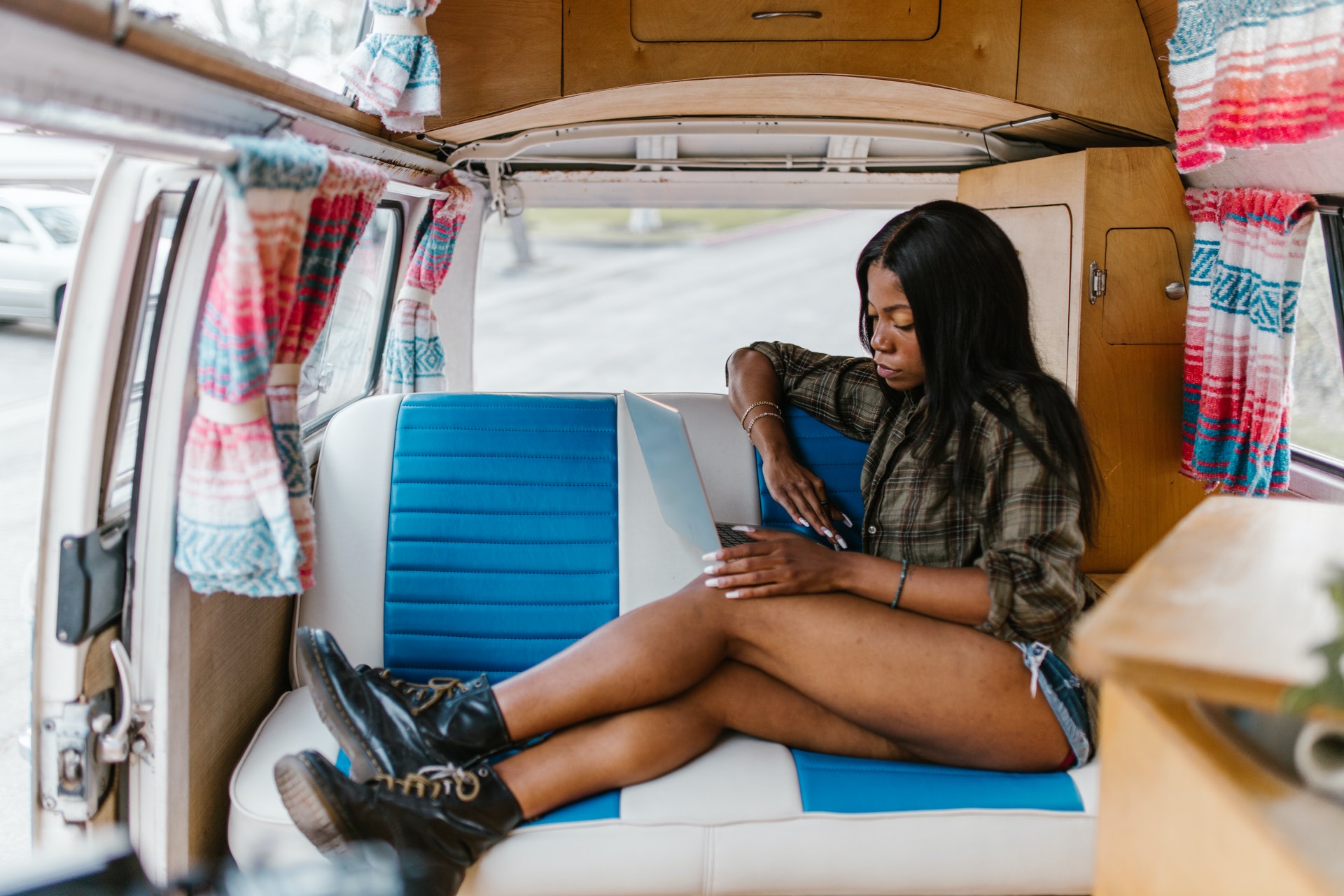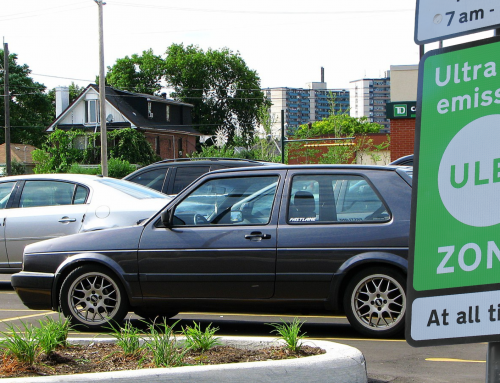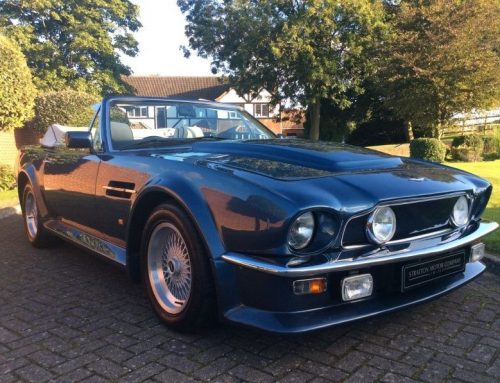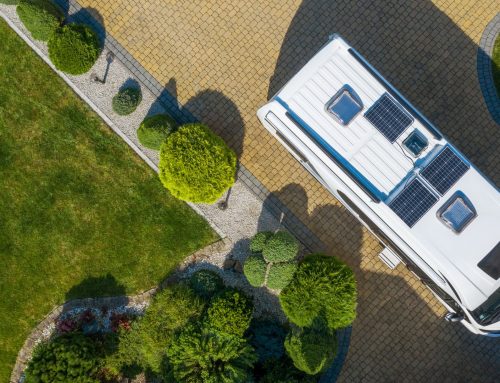For many, the dream of packing your van or motorhome full of your worldly possessions (following a downsize, of course!) for life on the road is very appealing. Perhaps even converting a van yourself to make the perfect space for you and your loved ones might be a dream come true.
You may see photos on Instagram or Facebook of individuals living in their van full time who appear to have it all together taking gorgeous photographs of the scenery and apparently living their best life. But remote working isn’t just sitting by a lake while you work on your tan, your belly will be empty without food, and a van won’t run without diesel which doesn’t come free. So how do you fund that lifestyle? How can you become a digital nomad?
First, what even is a digital nomad?
The term digital nomad is used to describe location-independent workers. This is the group of people either with passive incomes, those who work remotely and therefore can set up a base anywhere, to those in the gig business who move about as they work. The main characteristics describe someone who spends several months on the road or ‘off-grid’ each year and earns an income while working online. Location independence means that these nomads have true freedom with an income that allows them to run their business from almost anywhere on the planet.
The ultimate goal is to create a balance where one can live as much as they like on the road, travelling and seeing the world while making an income that affords them the ability to maintain this nomadic lifestyle. This includes buying food, petrol or diesel, maintaining a vehicle and any other costs. The idea is gathering traction, so much so, that Nissan unveiled a concept camper/office van.
So how can I become a digital nomad?
Get A Job That Can Move Around As Much As You
If you already run a business independently, whether from home or an office location, then you are well on your way. You will only need to transfer your operational base to your new tiny home.
If not, then your first step will be to identify your skillset, most importantly, which of those skills can be utilised for making money online. Commonly, these will include writing, marketing, computer design and engineering. Web developers and website builders, teachers, photographers and customer service providers also fall into this category. Several websites such as Timeetc or Upwork offer freelancers a platform to ‘flog their wares’. You can work alongside a conventional location-based job to build a freelance clientele you can rely on when you become nomadic.
Building a dedicated following will take some time and steadfast commitment, but the payoff will be well worth it.
Join The Movement
There are huge, welcoming #vanlife and digital nomad communities with a wealth of valuable information, tips and tricks out there, so utilise them. Join Facebook groups and other forums and communities and ask questions to get an idea of what you need to know.
Rent Before You Buy
If you don’t already own a van, why not consider renting one for a couple of weeks to see if you really can run your business from the reduced space. You can rent different types of vans, allowing you more insight into the best kind of vehicle for your nomadic life. Once you’re ready to buy a van you can start your search for a campervan here.
Reduce location ties
You can’t truly become nomadic if you’re still tied to one specific location. Some contracts and commitments will need to be closed to make the leap to living free. These include things like:
- Gym memberships
- Home Subscription services
- Cable/Home Wi-Fi
- Long-term Leases
- Other vehicles you may cease to use
Terminating these unneeded contracts will also reduce your outgoings, as will paying off any credit card debt or loans before you wing your way to location independence.
De-Clutter and Sell
Being nomadic usually means travelling light, so you’ll want to have a serious think about what you’ll actually need (versus what you want) and get rid of anything you won’t use on the road. Use sites such as Depop or eBay to sell all your unwanted clothes and items; the money you make can go towards your savings pot for the nomadic life or perhaps fund that van conversion you may be working on.
Think about how you’ll stay connected
Once you are on the road, the number one priority will probably be internet access. Some digital nomads choose to check into a campsite for few days every week or two weeks with mains electricity hookups and reliable internet service (tethering your phone to your laptop) you can get loads of work done. But once you are on the road or off-grid, you will want to consider solar panels to charge your leisure battery, a generator or whether an inverter is suitable for you. Some of this will depend on the time of year and where you are living off-grid. Nowadays, 4G is available across the UK; this means you will be able to tether your phone to your laptop almost anywhere. But remember, your phone battery will run out more quickly, and you will want to talk to your phone service provider to make sure your package has enough data to cover your needs.
Becoming a digital nomad may require a massive change from your current lifestyle, but as the saying goes – “You only live once”. If you think the digital nomad life may be for you, why not take a look into it!







Leave A Comment